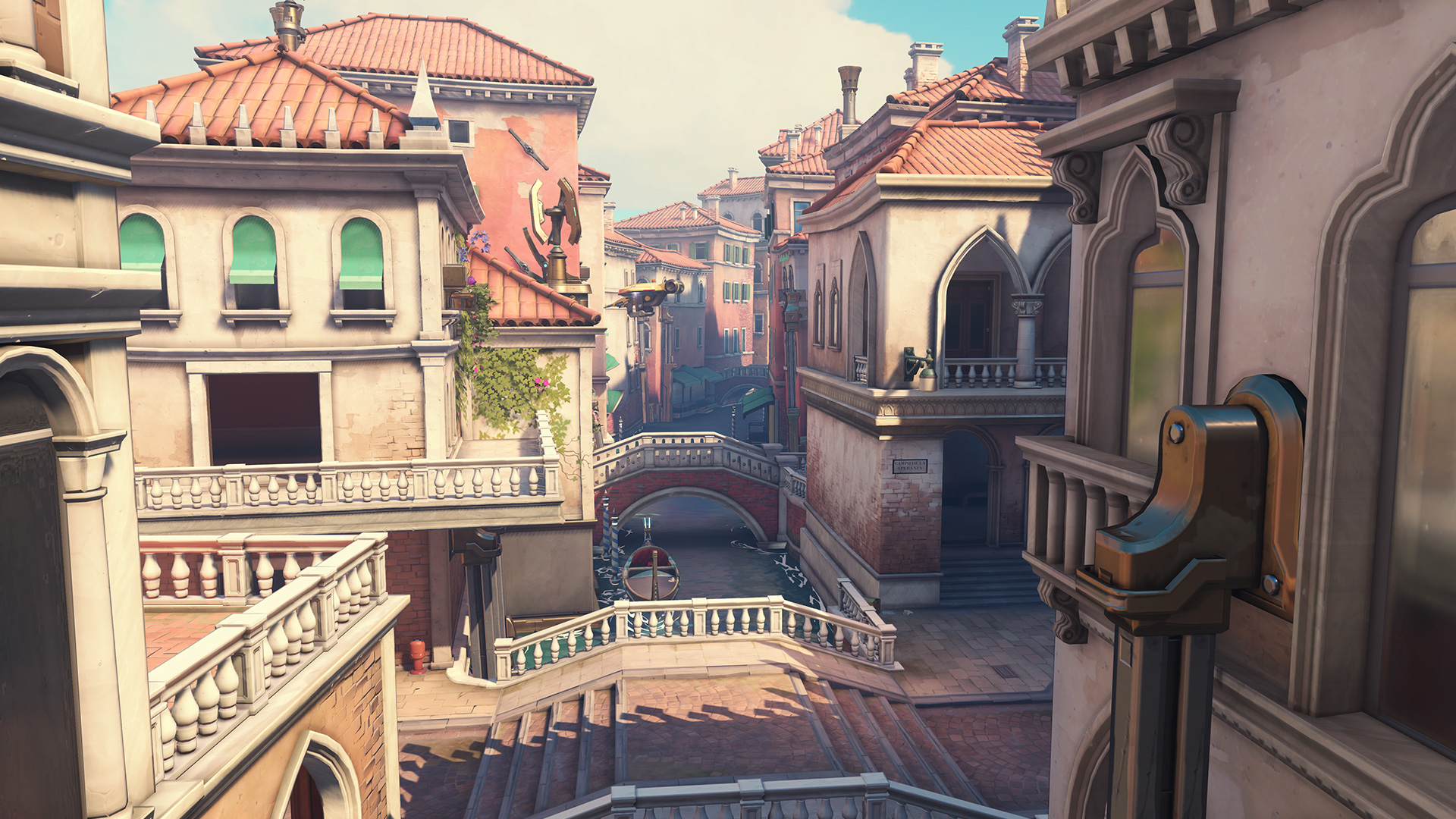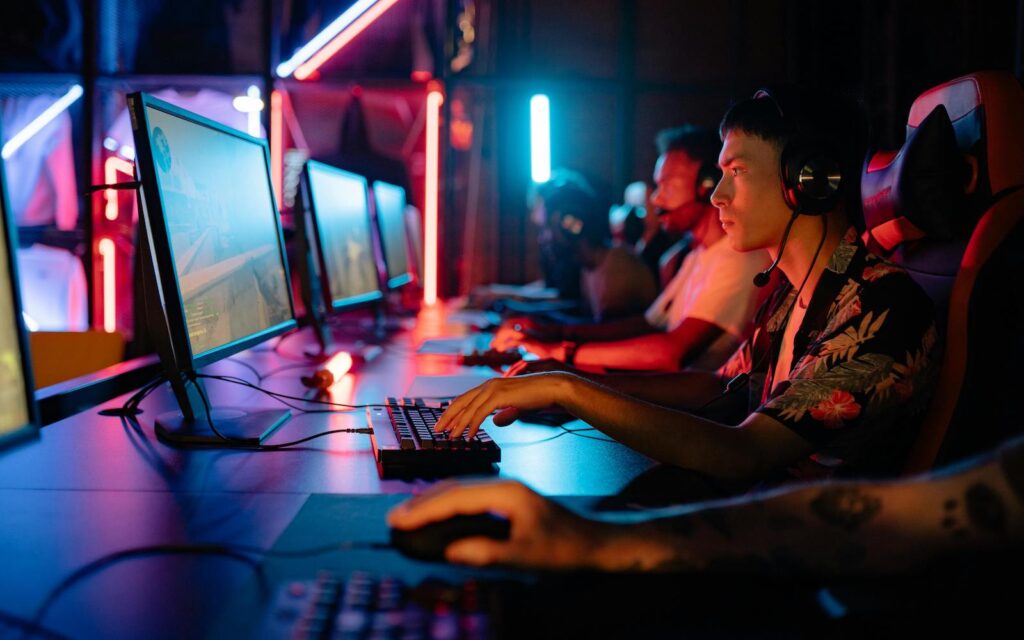What does your dream job look like?
Imagine you live in a country with some of the strongest, most plentiful opportunities in your field, which has recently emerged as one of the most successful creative sectors in the world. You work for a corporate juggernaut that has some of the most popular products of its kind – an institution that has grown and evolved for close to 30 years. Last year, your company boasted its best year ever. It’s never been stronger and you’re proud to work on the things you love.
Now, imagine you got fired anyway.
Activision Blizzard is responsible for some of the biggest video games in the world, including Overwatch, Diablo, World of Warcraft, StarCraft and Hearthstone, just to name a few. Last February, the company announced it was cutting eight per cent of their staff – about 800 jobs – in an effort to appease shareholders for not quite reaching their sales targets. Rumours of layoffs had been circulating within the company and employees had been dreading the news for a week.
As they brace for today's layoffs, Blizzard employees are crying and hugging in the parking lot, according to a person there. Still no official word from the company, but people in publishing and esports are expecting big cuts. Earnings is at 5pm ET – news should be around then.
— Jason Schreier (@jasonschreier) February 12, 2019
“We once again achieved record results in 2018,” CEO Bobby Kotick began in his quarterly earnings call. It was the company’s most profitable year on record. It had also been a mere month after their new chief financial officer Dennis Durkin received a $15 million “sweetener” bonus, on top of a $900,000 salary and a $1.35 million target bonus. Kotick explained in the company’s earnings report that, while profits were “the best in our history”, some “important leadership changes” had to be made to realise the company’s full potential. The stock skyrocketed, rising two per cent higher in after-hours trade.
The outpouring of support for the staff affected was huge. ArenaNet, developers of the Guild Wars series, seemed to offer solidarity to their industry allies by sending sympathies and encouraging applications for open positions at their company.
Our sympathies are with our industry friends affected by the recent layoffs. ArenaNet is hiring for a few positions in programming, localization, and tech ops. https://t.co/dMjAwK0o0e #GameDevJobs
— ArenaNet (@ArenaNet) February 12, 2019
Nine days later, ArenaNet informed its employees that it was planning to lay off a significant portion of their team. 143 employees were let go, citing a decline in live game business revenue, delays in development and an increase in operating costs. Their parent company NCSoft has since seen a rise in stock.
One day later, Electronic Arts – a monolith that has acquired and shut down 16 successful studios in 17 years – announced it would be laying off staff at their Australian company Firemonkeys as part of its readjusted focus toward live services. 40 to 50 people – a quarter of the company – were affected by the change. CEO Andrew Wilson is paid 371 times more than his average employee – just a little more than the 306 times Activision Blizzard’s Kotrick is paid above his. 97 per cent of EA’s shareholders approved his annual pay package of $35,728,764.
If you’re wondering how things have been going in the past month or two, Valve – creator of the world’s largest digital distribution platform for PC gaming – let go of 13 full-time employees and a portion of their contractor agreements. Several employees at Epic Games have revealed the success of Fortnite put them under an extreme and unhealthy workload. Workers at League of Legend’s Riot Games have walked out over the company’s stance on forced arbitration and attempts to block lawsuits surrounding sexual harassment and assault. As for Activision Blizzard, it’s recently been offering apps from Ovia Health, a third-party provider of fertility and pregnancy tracking services, to their remaining staff – and collecting the aggregated data of those that sign up. You wouldn’t mind an organisation like that prying into your personal lives a little, would you?
Regardless of how anyone spins it, the message these powerful entities have sent is clear: in an industry that preys on the eagerness of its participants, you are expendable to the powerful and they won’t give a damn if you please them or not.
People upend their entire lives for the games industry. They relocate across ridiculous distances and offer countless hours of unpaid work for experience, just for the opportunity of following their dreams – of being a part of something they understand and respect. Some would say that’s naïve. Perhaps, in the wake of these grim betrayals of faith, it is – but that doesn’t make it fair.
The lack of security game developers have has been a massive blind spot for years, generated by both the wilful exploitation of passions and the residual dismissal of responsibility that continues to cloud the entertainment industries. After all, how could anything so serious happen in a job where you build fun for others?
Make no mistake – the games industry is a real industry, complete with the greed, corruption and corporate pitfalls of any other. A musician can’t live off ‘exposure’. An artist can’t charge any less because they’re ‘just drawings’. These are skilled professionals, thrown through the wringer by a cruel machine fed on complicity. A worker is not worth less than any other just because they enjoy what they do.
It’s time the economic bullies of this world recognise that.







